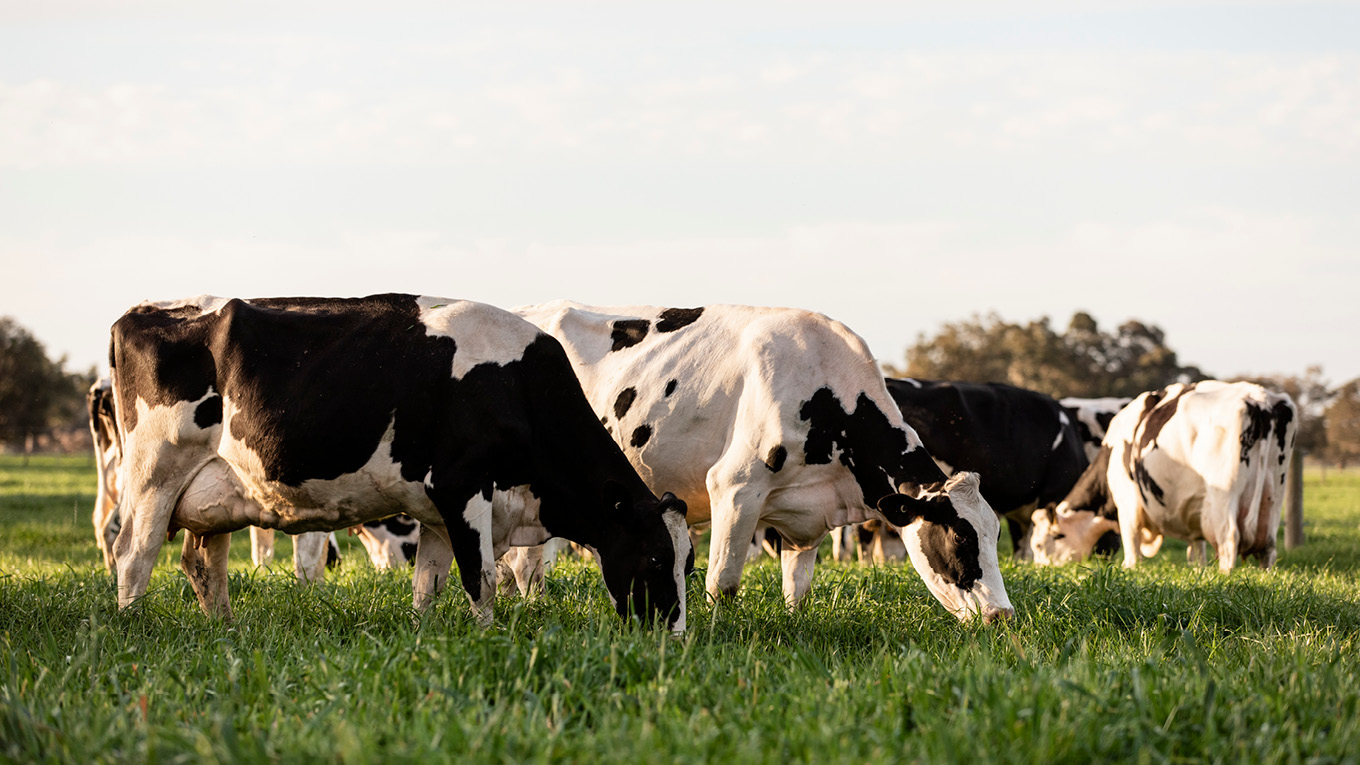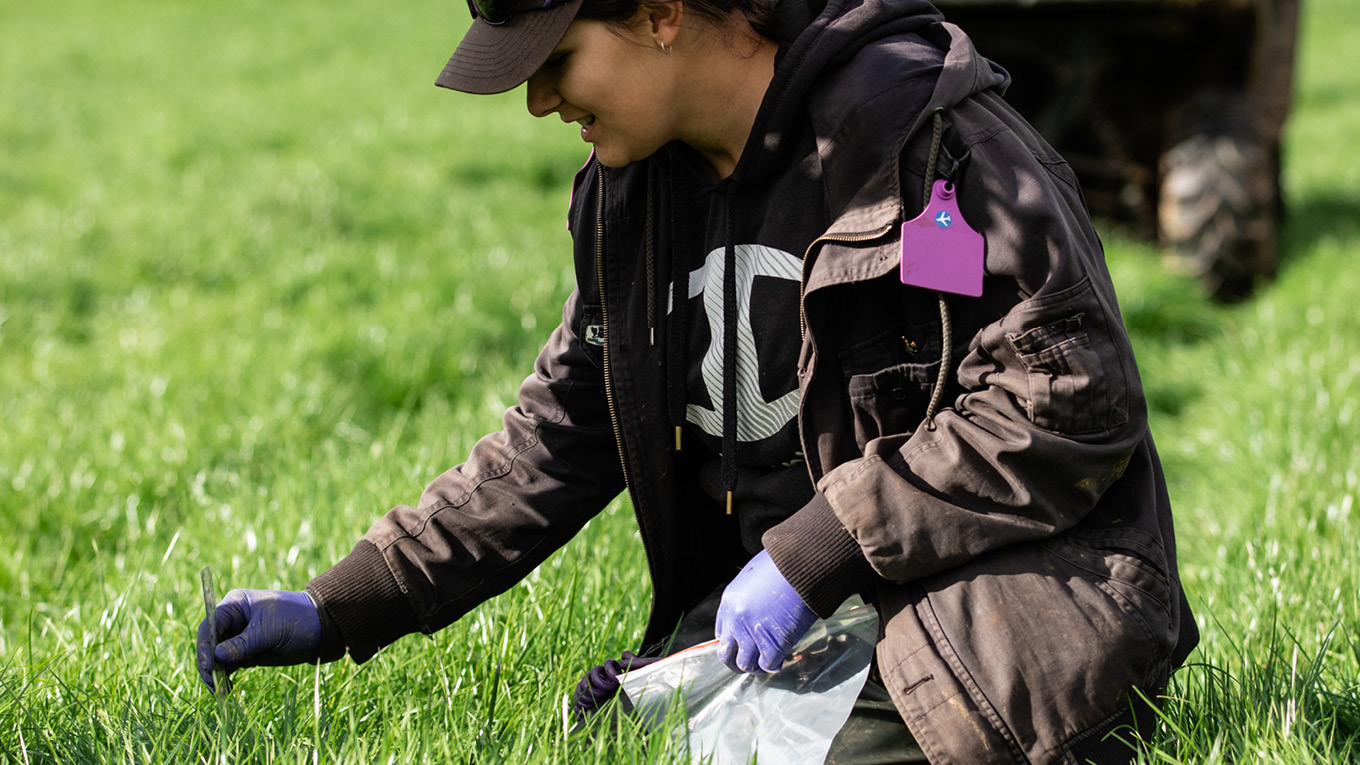Impact of Feeding Decisions in a Feed Shortage
While it can be tempting to cut corners, it is always important for dairy farmers to provide sufficient nutrition to their herd to support growth, pregnancy and milk production.
When fodder supplies are limited, forward planning is essential. This ensures there is a sustainable stocking rate relative to the feed reserves. This includes animals which are not currently lactating.
Feeding young stock appropriately ensures they are able to maximise their lifetime potential, which will pay dividends in the long-term. Compromising on dry cow nutrition is likely to have a negative effect on body condition, which then impacts future fertility and profitability.
In this video, nutritionist Dave Huggins talks to Dairy Australia's Ruairi McDonnell about how to make the most of feed in a tight season.
For more information, download The impact of your feeding decisions fact sheet.
Every bit counts when feed is scarce. Day-to-day feeding practices can make the difference between a sick cow and a productive cow with a healthy rumen.
Good feeding management means:
- Reducing feed wastage to stretch fodder reserves and lower feed costs
- Allowing every animal access to feed
- High fibre by-products can be purchased to extend fodder reserves. They are not a substitute for grain/concentrate
- Feeding forages before grain/concentrate in the bail or feeding forages immediately after grain/ concentrate in the bail
- Making changes to the diet gradually
Additional advice on feeding management when feed is scarce can be found here in the Tips for solving your feed problems fact sheet.




